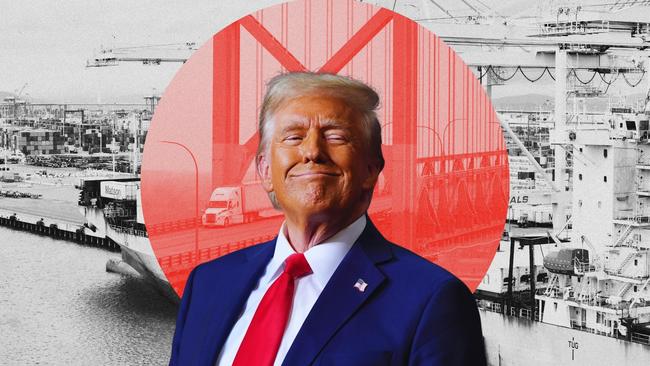
For years we have tolerated your provocations. Your curious “bacon.” Your cloying niceness. The whole French thing. You may not be responsible for burying us in fentanyl (a total of 43 pounds seized at the border last year, according to U.S. Border Patrol), but you’ve sent us a lot of noxious material over the decades: Justin Bieber. Jim Carrey. Tim Horton. And the annoying way you pronounce words— “about” sounds like “a boat”? You thought you could get away with that, eh?
And don’t get me started on Mexico.
I tried. There may be some better justification for what the Journal’s editorial board has called “the dumbest trade war in history,” but I can’t think of one.
What is the objective here behind President Trump’s imposition of 25% tariffs on most imports from Canada and Mexico (10% on Canadian energy), with a 10% charge on Chinese products?
Let’s not dwell on the idea that we are somehow “subsidising” a country with which we run a trade deficit. And let’s not rehearse the details of how U.S. tariffs hurt American consumers as much as they hurt the producers of the tariffed country, as well as American producers that depend on imported parts.
Let’s accept, for the sake of argument alone, what seems to be the president’s position, that trade deficits are intrinsically bad and need to be eliminated by imposing tariffs. What is the rationale for these tariffs on these countries?
Our deficit with Canada accounts for 5% of the total U.S. trade deficit. It’s a fifth of the deficit with China, and less than that with Germany, and Japan or Ireland. Our trade gap with Mexico is larger, but again significantly smaller than China’s. But China gets the lower general tariff rate, even though it too is certainly channelling toxic drugs into the U.S.
If I had asked you the day before the election to name the international concerns on which Mr. Trump would focus most attention during the transition and the early days of his presidency, you’d probably have guessed the obvious: China, Russia and Ukraine, the North Atlantic Treaty Organisation, the Middle East. If you would have said: Canada, Mexico, Greenland and Panama, you should be in the crystal-ball business.
There’s an intriguing theory in diplomatic circles that what informs Mr. Trump’s global strategy is a “sphere of influence/great powers” approach. In this view, Mr. Trump sees the world divided into three great geopolitical zones, each dominated by a great power: Russia on the Eurasian landmass, China in the Asia-Pacific, and, in an updated U.S. geostrategy that combines Manifest Destiny with the Monroe Doctrine, America runs the Western Hemisphere. Under this theory, Mr. Trump may be using tariffs to extend the U.S. writ across the American double continent along with Greenland and the Panama Canal, expanding our domination of the New World.
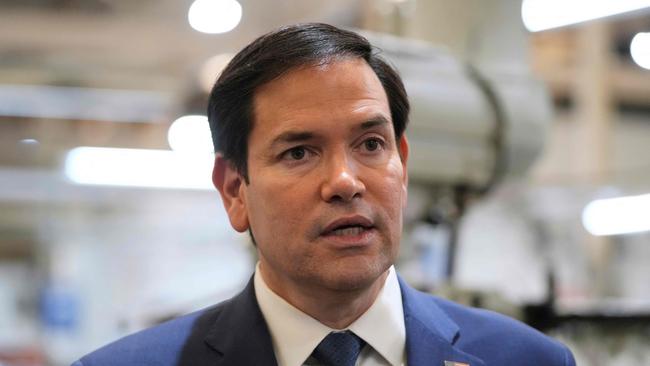
It’s intriguing but not completely convincing. While Secretary of State Marco Rubio talked last week in an interview about “multi great powers in different parts of the planet,” we are some way from being able to say Mr. Trump is simply willing to cede two-thirds of the globe to foreign great powers even as he tightens America’s grip on the rest.
Some argue the reason for this démarche is that tariffs are simply his thing. He believes in them as the principal tool of foreign policy in the way Athens believed in its navy when it was the ancient superpower. The immediate neighbourhood is the logical place to start, even if it means undoing the trade deal he negotiated seven years ago.
If this were true we could presumably expect all-out trade wars for the next four years. But I doubt it. At root, I suspect, are the two things Mr. Trump’s politics revolve around — deal making and story telling.
Dire forecasts about the impact on the U.S. of these tariffs rest on an assumption that they will remain for a while. But since tariffs are a lose-lose proposition, there will surely be a deal quickly. Mr Trump is wagering, not unreasonably, that Canada and Mexico — the former with a teetering government, the latter with an inexperienced new one, both with economies dependent on the U. S. — will cave in soon. Mexico has already bought itself some grace by promising to do more to stop the fentanyl and illegal migration crossing the border. Canada will … well, I don’t know what Canada is expected to do, maybe offer to change the shape of its bacon. But wherever it is, Mr. Trump can trumpet a deal on his terms.
The storytelling part has always been central to Mr. Trump’s political modus operandi. Part of his genius has been to convey simple parables compellingly, usually ones that portray him, his supporters and now the country as victims. The story here is that our neighbours to the north and south have been cheating us for years with trade surpluses, migrants and drugs. Only he has finally had the guts to tell it like it is and fix it.
It’s dire economics, but maybe smart politics.
The Wall Street Journal


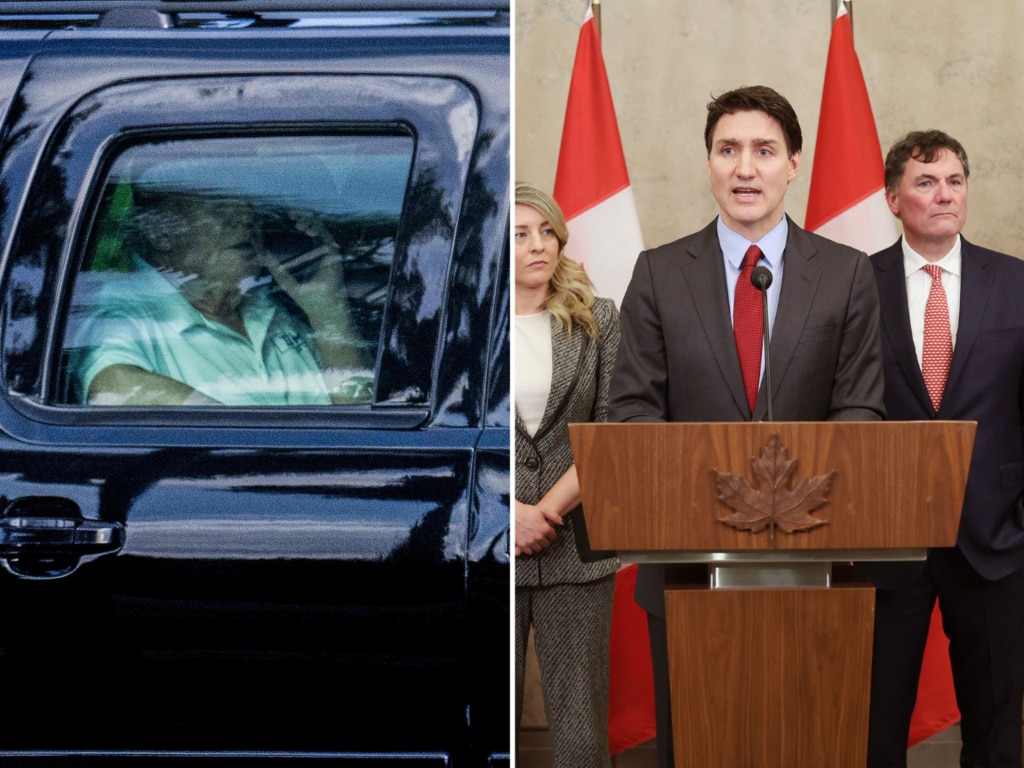
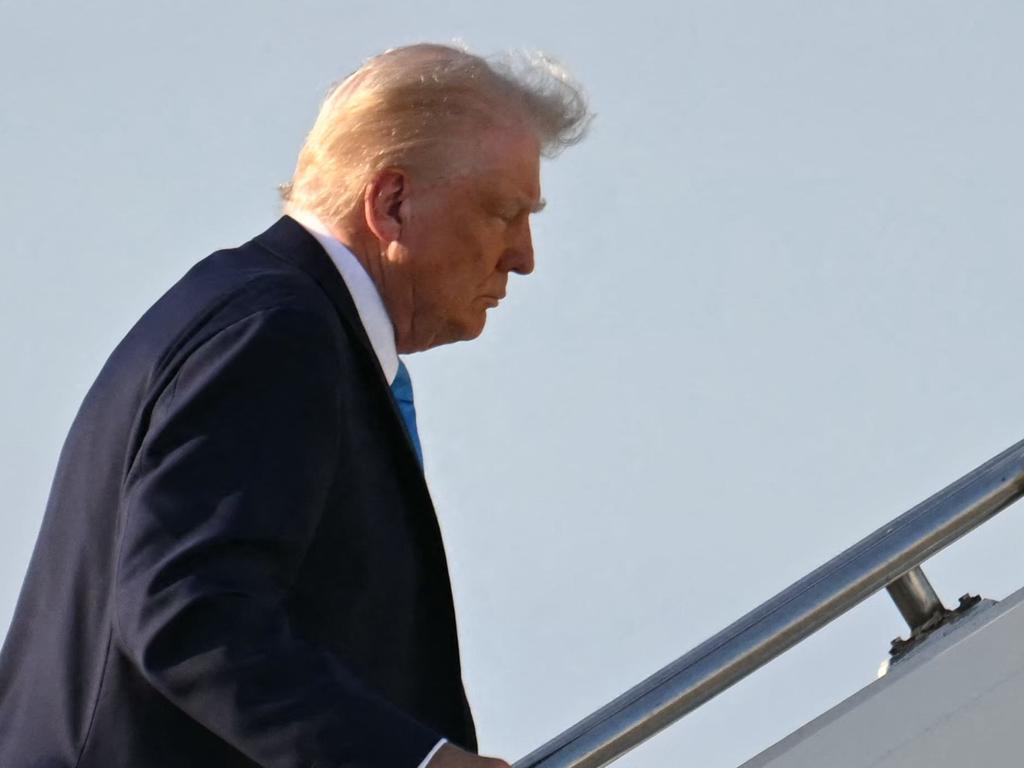
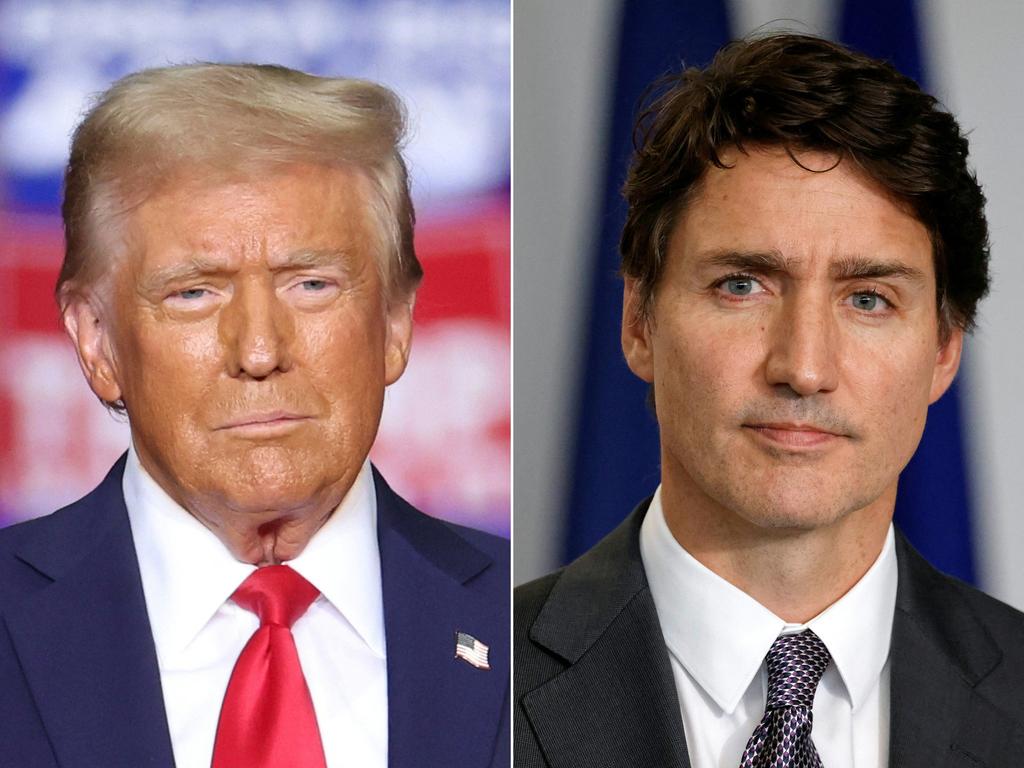


O Canada! Don’t pretend you don’t know what you’ve done to deserve this.